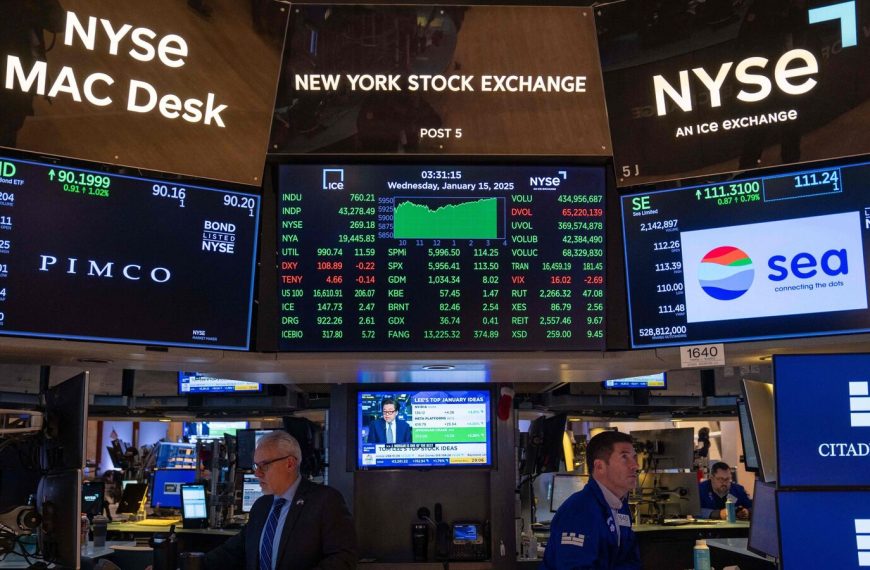The Indian stock market is facing renewed challenges, continuing its downward trend amidst mixed global signals during a shortened trading week. Despite a brief recovery earlier this month, investor sentiment remains cautious, primarily due to rising fears of a potential global trade war influenced by developments in U.S. tariffs and retaliatory measures from other nations. As we move into the third week of March, investors are keenly watching several pivotal market factors that could shape the upcoming trading days.
Market Overview: Sensex and Nifty Struggles
In recent trading sessions, the Sensex and Nifty 50 have shown a lack of momentum, closing the week with losses for the fifth consecutive day. Concerns over the escalating global trade conflict are particularly impacting heavyweight sectors, including real estate, IT, and automobiles.
- The BSE Sensex dropped by 200.85 points (0.27%) to finish at 73,828.91, with 22 stocks declining and only eight posting gains.
- The NSE Nifty fell by 73.30 points (0.33%), settling at 22,397.20.
- Over the week, the Nifty 50 declined by 0.69%, while the Sensex decreased by 0.68%. Broader market segments like mid-caps and small-caps witnessed more significant declines of 2.2% and 3.9%, respectively.
Key Influences on Market Direction
Investors are now focusing on several critical developments that could influence market dynamics:
-
U.S. Federal Reserve Policy: The upcoming Fed meeting is expected to keep the benchmark interest rate within the 4.25% to 4.50% range. Recent statements from Fed Chair Jerome Powell highlight that tariffs may complicate efforts to control inflation, potentially delaying interest rate cuts.
-
Initial Public Offerings (IPOs): A limited number of IPOs are anticipated this week, including the Arisinfra Solutions IPO opening for subscription on March 20. Additionally, two small and medium enterprises (SMEs) are set to list on the stock exchanges.
- Foreign Institutional Investment: Recent data indicates net outflows of ₹5,729 crore from foreign institutional investors (FIIs) in the cash market. In contrast, domestic institutional investors (DIIs) have provided some market support with inflows of ₹5,499 crore.
Economic Sentiment and Future Predictions
In light of current market trends, Vinod Nair, Head of Research at Geojit Financial Services, suggests that while volatility may persist, several factors could provide stability. These include declining crude oil prices, a weakening Dollar Index, and expectations for a rebound in domestic corporate earnings.
- Global Trade Concerns: The ongoing trade tensions are influencing investor sentiment, with expectations of continued pressure on market indices. The upcoming week is crucial for monitoring additional macroeconomic indicators from both domestic and global fronts.
Upcoming Economic Data to Watch
As investors prepare for the week ahead, several key economic indicators are on the radar:
- U.S. Retail Sales and Jobless Claims: Data releases for core retail sales, initial jobless claims, and existing home sales will be closely scrutinized.
- U.K. Economic Data: The Bank of England’s interest rate decision and unemployment figures will also play a significant role in shaping market sentiment.
Conclusion
The Indian stock market appears to be navigating through turbulent waters, influenced by both domestic and global factors. As key economic data is released and investor reactions unfold, the trajectory of the Sensex and Nifty will depend heavily on how these influences play out in the coming days. With the market remaining in a consolidation phase, any decisive breakout could signal a shift towards more optimistic trading conditions.
Stay tuned for more updates as the week unfolds, and consider the implications of these developments on your investment strategy.











